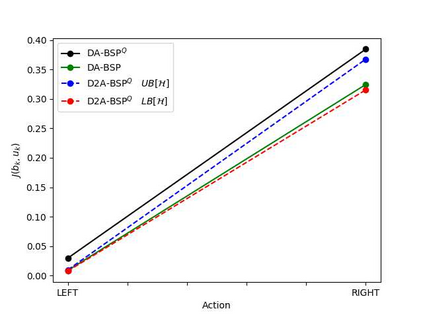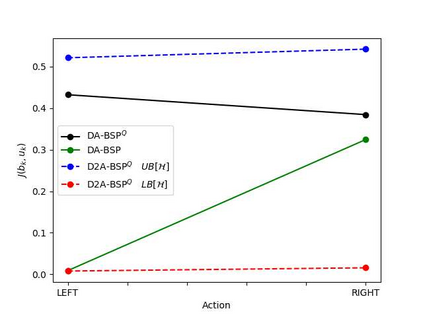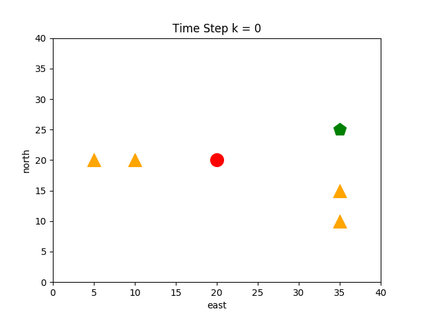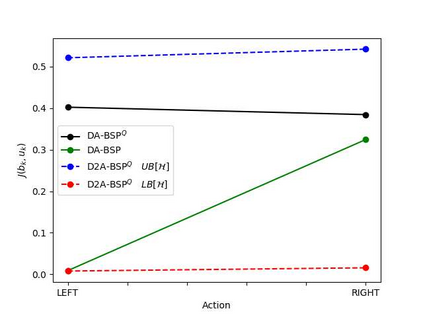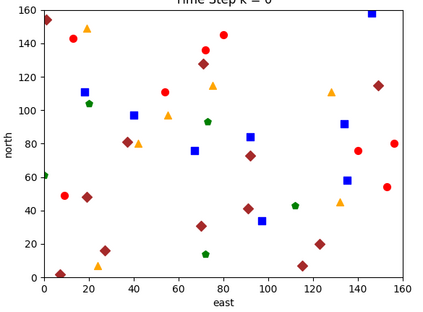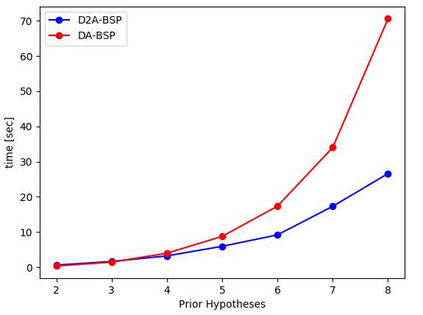Unresolved data association in ambiguous and perceptually aliased environments leads to multi-modal hypotheses on both the robot's and the environment state. To avoid catastrophic results, when operating in such ambiguous environments, it is crucial to reason about data association within Belief Space Planning (BSP). However, explicitly considering all possible data associations, the number of hypotheses grows exponentially with the planning horizon and determining the optimal action sequence quickly becomes intractable. Moreover, with hard budget constraints where some non-negligible hypotheses must be pruned, achieving performance guarantees is crucial. In this work we present a computationally efficient novel approach that utilizes only a distilled subset of hypotheses to solve BSP problems while reasoning about data association. Furthermore, to provide performance guarantees, we derive error bounds with respect to the optimal solution. We then demonstrate our approach in an extremely aliased environment, where we manage to significantly reduce computation time without compromising on the quality of the solution.
翻译:在模棱两可和概念化的化名环境中,未解的数据关联在模糊和概念化的环境中导致机器人和环境状态的多模式假设。 为了避免灾难性结果,在这种模棱两可的环境中运作时,必须解释信仰空间规划(BSP)内部的数据关联。 但是,如果明确考虑所有可能的数据关联,假设的数量随着规划前景的扩大而成指数式增长,确定最佳行动顺序也很快变得难以解决。 此外,由于预算困难,一些非隐蔽的假设必须切割,因此实现绩效保障至关重要。 在这项工作中,我们提出了一种计算效率高的新办法,在解释数据关联时,只利用一组精细的假设来解决BSP问题。此外,为了提供性能保障,我们在最佳解决方案方面会出错。然后在一种极为奇特的环境中展示我们的方法,我们设法在不损及解决方案质量的情况下大量减少计算时间。



















